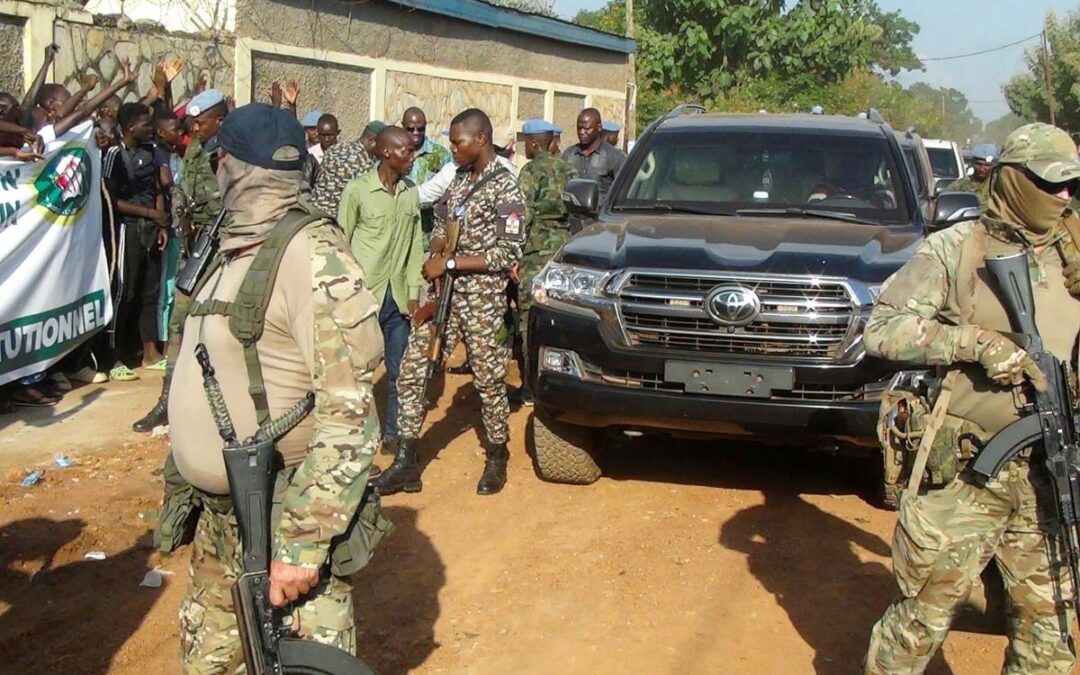Since 2018, Russian private military contractors or mercenaries have proliferated across Africa. The largest mercenary outfit is the Wagner Group, which was led by Yevgeny Prigozhin until his death in 2023. Russian mercenaries serve as an important mechanism by which Moscow seeks to reduce its growing international economic and political isolation. Mercenaries help accomplish this by expanding Russia’s global footprint and influence at a relatively low cost.
Although Russia has sought to capitalize on its ambiguous relationships with mercenaries to ignore international norms, Moscow has taken public and direct control over these groups in countries in Africa. Russian mercenaries have operated a nimble expeditionary force, seemingly unencumbered by international rules of war, which has bolstered authoritarian regimes in Africa at the expense of the civilian populations’ and the countries’ overall security.
The authors describe how Russia’s armed presence in Africa has changed from mid-2023 to September 2024. The authors identify where Russian mercenaries have presences in Africa, what types of activities they perform, and the resulting implications of mercenaries’ use for African governments, economies, and civilian populations. The authors also examine how publics in countries where these mercenaries are present—and publics in neighboring countries—feel about and discuss Russian mercenaries and Russia itself.
This research was sponsored by the U.S. government and conducted within the International Security and Defense Policy Program of the RAND National Security Research Division.
This publication is part of the RAND research report series. Research reports present research findings and objective analysis that address the challenges facing the public and private sectors. All RAND research reports undergo rigorous peer review to ensure high standards for research quality and objectivity.
This document and trademark(s) contained herein are protected by law. This representation of RAND intellectual property is provided for noncommercial use only. Unauthorized posting of this publication online is prohibited; linking directly to this product page is encouraged. Permission is required from RAND to reproduce, or reuse in another form, any of its research documents for commercial purposes. For information on reprint and reuse permissions, please visit www.rand.org/pubs/permissions.
RAND is a nonprofit institution that helps improve policy and decisionmaking through research and analysis. RAND’s publications do not necessarily reflect the opinions of its research clients and sponsors.

